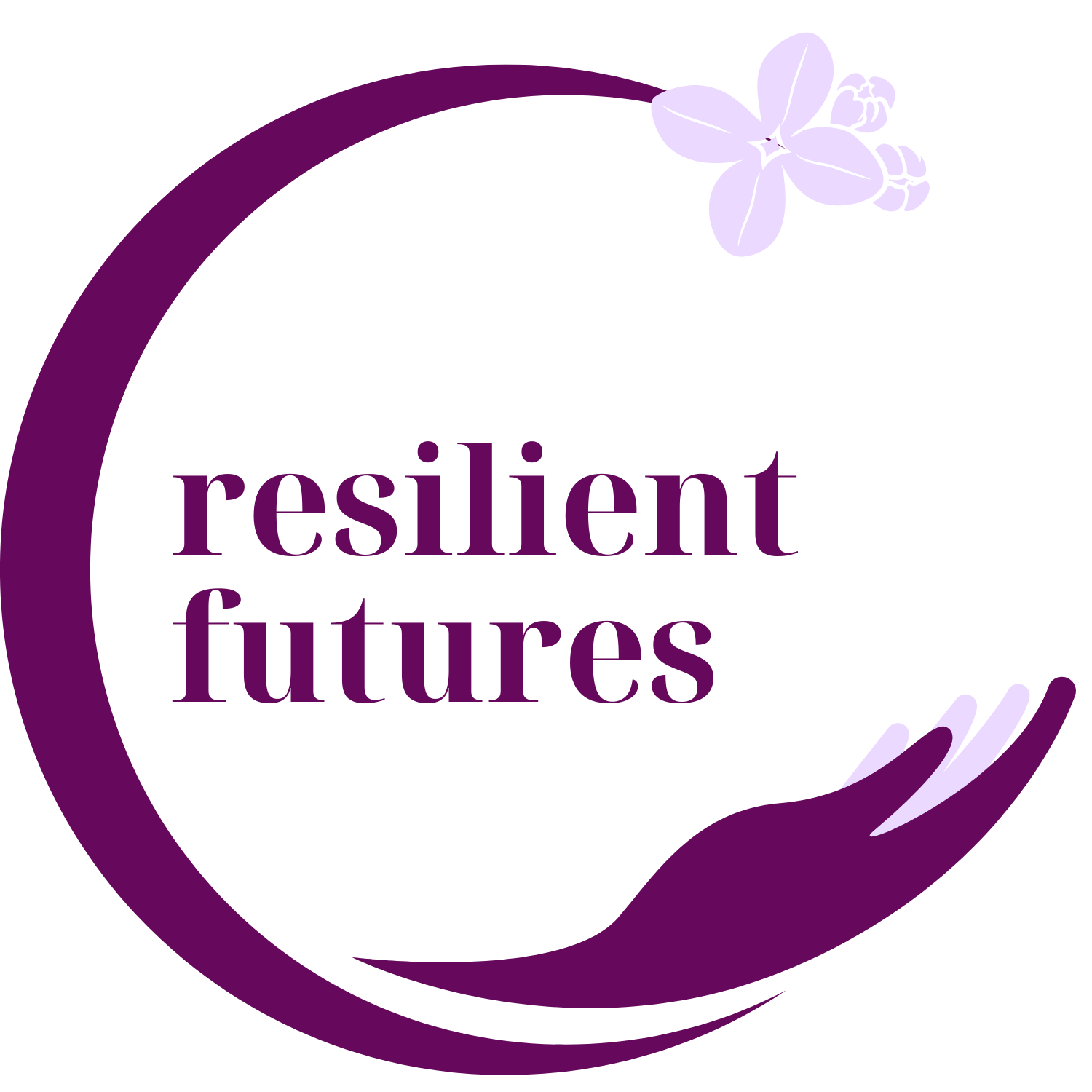
April is Child Abuse Prevention Month: Understanding and Preventing Child Abuse
April is National Child Abuse Prevention Month. A time to raise awareness, recognize the signs of abuse, and take action to protect children. This article explores how trauma-informed practices in schools and youth-serving environments can help prevent abuse before it starts. Learn the warning signs, understand cultural and generational nuances, and access resources to support children and families in need.
Navigating the Educational Landscape: Experiences of Children in Foster Care
Children in foster care face significant educational challenges due to frequent relocations, instability, and trauma, leading to lower graduation rates and higher disciplinary actions. Here we explore how trauma-informed teaching can provide a crucial counterbalance by fostering stability, trust, and emotional connection, particularly for foster youth who may not experience reliable adult support elsewhere. By implementing trauma-informed practices, educators can create safe, inclusive learning environments that not only support foster youth but benefit all students facing adversity.
Breaking the Cycle: How Trauma-Informed Teaching Supports Generational Healing
Trauma isn’t confined to one generation—it echoes through families, shaping emotions, behaviors, and opportunities. In schools, trauma-informed teaching helps disrupt these cycles, fostering healing and resilience. By creating supportive environments, educators empower students with the tools to build trust, regulate emotions, and succeed. Read on to explore how trauma-informed practices create lasting change in classrooms and communities.
Building Confidence and Self-Worth in the Classroom: A Trauma-Informed Guide
Building students’ confidence and self-worth in the classroom requires intentional language, inclusive practices, and trauma-informed support. Teachers play a crucial role in fostering a sense of belonging by acknowledging each student’s unique background, celebrating cultural identity, and providing opportunities for growth through academics, peer connections, and extracurricular activities. By creating a safe, affirming environment, educators empower students to develop resilience, embrace their strengths, and navigate challenges with confidence.
Why Trauma-Informed Practices Should Be a Core Component of Graduate Programs for Future Educators and Counselors
Despite the increasing prevalence of childhood trauma, many graduate programs for teachers and school counselors still lack dedicated training on trauma-informed practices. This gap leaves new educators unprepared—not just to support students, but also to care for themselves. The stress of navigating challenging behaviors, managing a classroom, and forming meaningful connections with students can take a toll. Learn how incorporating Trauma-Informed Practices into pre-service graduate programs sets everyone up for success.
Myth-Busting: Dispelling Common Misconceptions about Trauma-Informed Teaching Practices
Despite growing awareness, several myths persist about what trauma-informed education is and isn't. Let’s debunk some of these misconceptions with insights from experts, providing educators with a clearer understanding of what it means to implement trauma-informed practices in schools.

Developing Trauma-Informed Teachers
An Educational Book Series from Resilient Futures
[July 2022] Co-edited by Resilient Futures founder Megan Brennan, this volume of the series Contemporary Perspectives on Developing Trauma-Informed Teachers provides reflections, examples, and implementation guidance for the innovative and important ways educators develop and implement trauma-informed practices across their programs, instituting broader curricular shifts to incorporate trauma-informed practices.
[January 2023] Co-edited by Resilient Futures founder Megan Brennan, this volume of the series was driven by a deep desire to ensure that teacher candidates are thoughtfully prepared to more fully address students’ needs and create classroom environments that are safe for students and teachers.
Childhood Trauma:
An event(s) that a child finds overwhelmingly distressing or emotionally painful, often resulting in lasting mental and physical effects.
Many think of trauma as a single life-changing event, but more commonly trauma manifests as a series of events or patterns of abusive or neglectful behaviors that compound over time.
Understanding Childhood Trauma
In the Press

Give to further our Mission
More than ever, our schools and youth-serving communities are in need of trauma-informed education, training, and resources. Your tax-deductible gift will directly fund our program expansion efforts, enabling us to provide trauma-informed training and resources to a greater number of educators, schools, and youth-serving organizations.
Interested in learning more about our Trauma-Informed Futures© Programming & Services?








